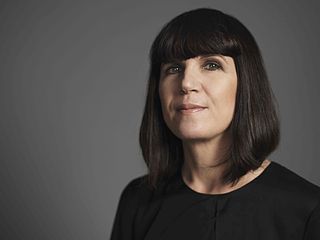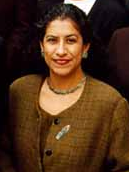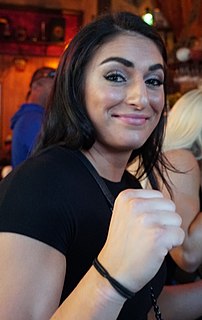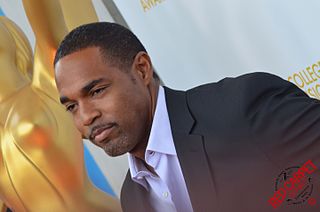A Quote by Catherine Mayer
What drives me is a sense of urgency. We live in frightening times. Progress towards gender equality and vital battles to end discrimination on grounds such as race, age, sexuality and disability are stalling and in some places, reversing. This is happening because of the collapse of trust in nearly all public institutions, and in particular in politics and media, and the inescapable feeling that the current system isn't working for most people.
Quote Topics
Age
Battles
Because
Collapse
Current
Disability
Discrimination
Drives
End
Equality
Feeling
Frightening
Gender
Gender Equality
Grounds
Happening
Inescapable
Institutions
Live
Me
Media
Most
Nearly
Particular
People
Places
Politics
Progress
Public
Race
Sense
Sense Of Urgency
Sexuality
Some
Stalling
System
Times
Towards
Trust
Urgency
Vital
Working
Related Quotes
I believe that there is a moral and constitutional equivalence between laws designed to subjugate a race and those that distribute benefits on the basis of race in order to foster some current notion of equality.... In my mind, government-sponsored racial discrimination based on benign prejudice is just as noxious as discrimination inspired by malicious prejudice.
It seems to me to be kind of inescapable that one has to be interested in the issue of gender and gender equality. I don?t really expect any credit for going in that direction. It?s the only natural direction to go in. Why is it that some people don?t see that as so patently obvious as it should be?
Separate inherently is not equal. There's a reason why $45 million was spent against marriage equality. It's because people understand the word does have meaning. And equality comes when we accept the same notions and the same institutions for everyone, regardless of race and gender and regardless of sex orientation.
U.N. Women was created due to the acknowledgement that gender equality and women's empowerment was still, despite progress, far from what it should be. Transforming political will and decisions, such as the Member States creating U.N. Women, into concrete steps towards gender equality and women's empowerment, I think is one of the main challenges.
Institutions develop because people put a lot of trust in them, they meet real needs, they represent important aspirations, whether it's monasteries, media, or banks, people begin by trusting these institutions, and gradually the suspicion develops that actually they're working for themselves, not for the community.
Everybody brings their thing to their criticism. I bring this wealth of opinions and feeling and knowledge about race and gender and sexuality. I feel like I have it, I may as well express it, and if it's applicable to what I'm writing about and I'm not forcing it, I should try to use it, because it's interesting. It speaks to more than some people.
People often say that Trump "speaks the truth," right? But I think what really is happening is he's become a symbol of the kind of cynicism the American public feels towards politicians. He embodies, and he's mobilizing, that cynicism. Because people have no faith in politics anymore. People actually believe that politics is dead, because it's bought and sold.
We are all "conservatives" in some sense, because we want to "conserve" some things while changing others. We are all "liberals" because we all want to be "free" in some respects. We are all "progressives" because we want to progress towards something: the question is, towards what? So instead of asking someone, are you conservative or liberal, right-wing or left-wing, why don't I ask what you want to conserve, and what to change, and why? Then we might finally have an intelligent debate about politics.



































